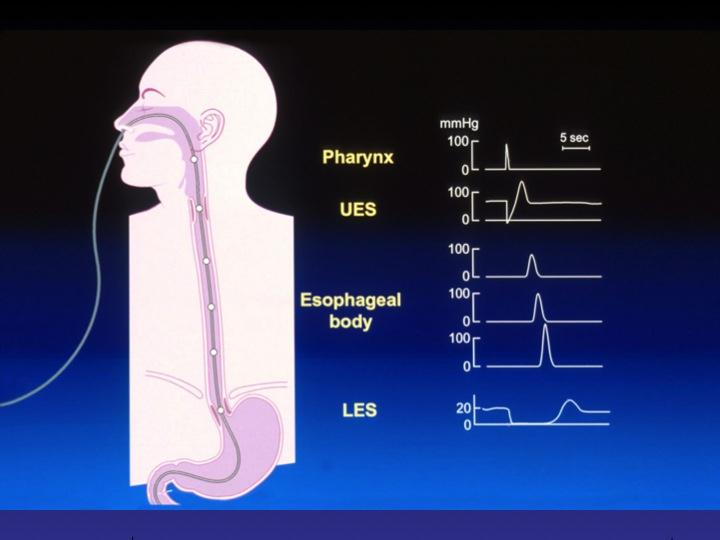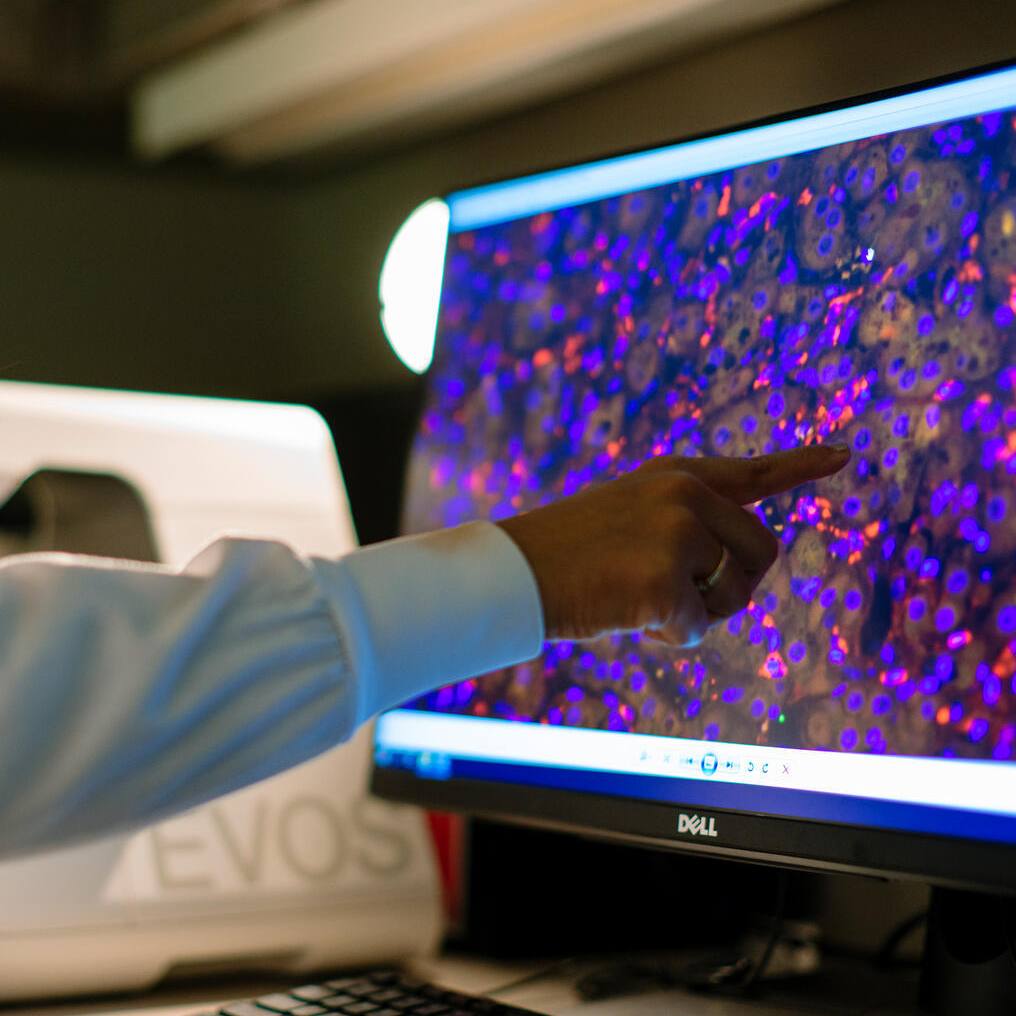-
The Science of Swallowing
It happens about 600 times a day and, hopefully, you never give it a thought. Swallowing. As simple as it seems, Mayo Clinic thoracic surgeon Stephen Cassivi, M.D., says swallowing is a very complex process with three distinct phases. Because it requires the coordination of several of the body’s systems, Dr. Cassivi (Kass' eh vee) says not everyone can take swallowing for granted.
Journalists: Sound bites with Dr. Cassivi are available in the downloads
/// Sound bite: (Dr. Stephen Cassivi/Mayo Clinic Thoracic Surgeon) "The main things that can happen to cause dysfunction are problems with the nerves, problems with the muscles or obstructions. So problems with the nerves can be things like having a stroke." TRT :15
Besides neurological conditions, other common reasons people have trouble swallowing are structural abnormalities. In the case of obstructions, such as a tumor, doctors like to first rule out the possibility of cancer. A patient's medical history and an examination may be enough to diagnose the problem. If not, doctors may use a high-tech tool called high resolution manometry. (man Om' eh tree)
/// Sound bite: (Dr. Stephen Cassivi/Mayo Clinic Thoracic Surgeon) "Which is a small, little catheter that's passed into the nose and then swallowed down into the esophagus. And it has 32 sensors on it that sense pressure at all the different levels of the esophagus and they can measure, in great detail, the swallowing process and diagnose different swallowing problems." TRT :18
Dr. Cassivi says treatment for swallowing disorders may range from simple therapeutic exercises or medication, to Botox injections, balloon dilation or surgery. He suggests seeing a doctor if swallowing problems persist for more than a few days, although you should seek medical attention right away if you're not able to swallow enough fluids to keep hydrated.








